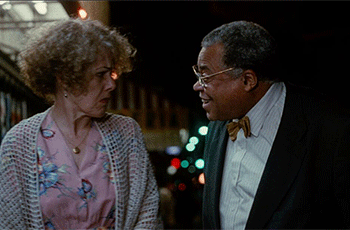ARTISTS RIGHTS
The Film Foundation stands committed to protecting the rights of filmmakers through the Artists Rights Education and Legal Defense Fund. Every day, decisions are being made to edit, alter, and reformat the films that we love. Despite spending countless hours perfecting every aspect of their movies, it is not the filmmakers who are making these changes, but the copyright holders who distribute them. For decades, TFF has been dedicated to preventing the unethical altering of artists' works and to ensuring that their original vision is honored.















